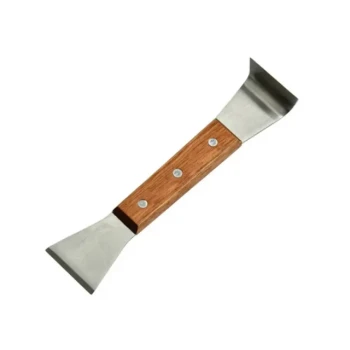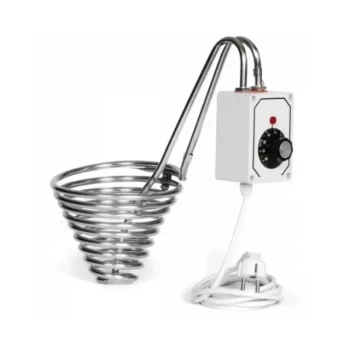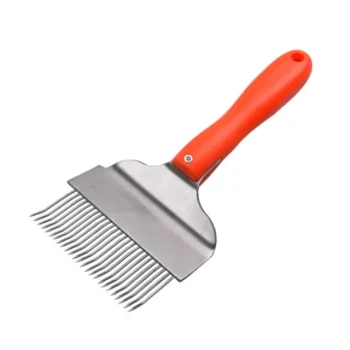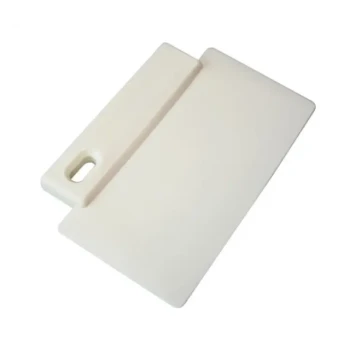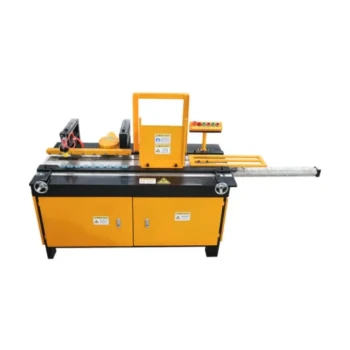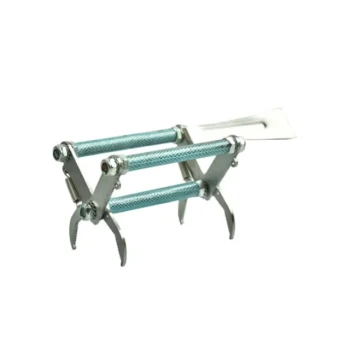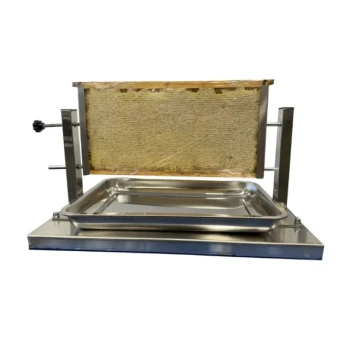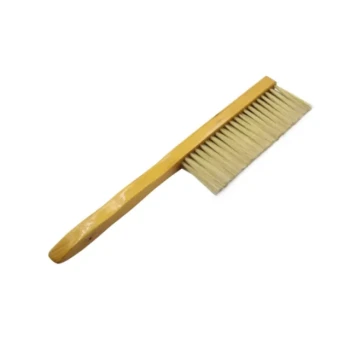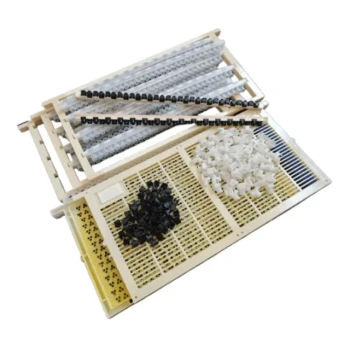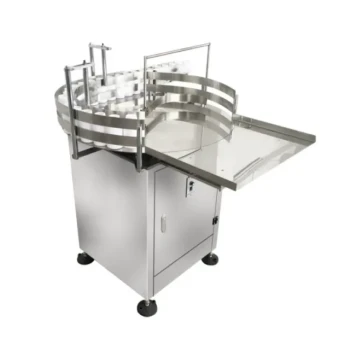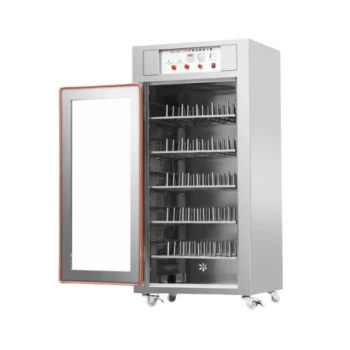In essence, a stainless steel strainer is a tool used to separate solids from liquids or to sift fine particles from larger ones. Its defining characteristic is its material, which provides superior durability, corrosion resistance, and longevity compared to alternatives like brass or plastic, making it ideal for demanding tasks like wet sieving and daily use.
The decision to use a stainless steel strainer goes beyond simple separation. It is a strategic choice for applications demanding longevity, chemical neutrality, and resistance to abrasion and rust, ensuring purity and reliability where other materials would degrade.
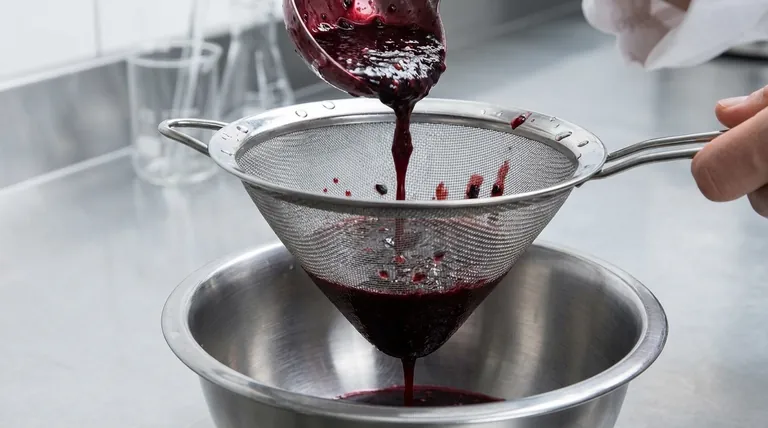
Why Material is Critical: The Stainless Steel Advantage
The function of a strainer is straightforward, but the material it's made from dictates its performance, lifespan, and suitability for specific tasks. Stainless steel offers a unique combination of properties that make it a superior choice in many contexts.
Unmatched Durability and Hardness
Stainless steel is an inherently hard and resilient metal alloy. This means it resists denting, warping, and bending under the stress of daily work.
Because the metal itself is so tough, the fine mesh of the strainer will hold its shape far longer than softer metals, ensuring consistent performance over years of use.
Superior Corrosion and Abrasion Resistance
This is the most critical advantage of stainless steel. It contains chromium, which creates a passive, invisible layer on the surface that protects it from rust and corrosion.
This makes it impervious to damage from acidic ingredients like tomatoes or lemon juice in the kitchen, as well as a wide range of chemicals in industrial settings. It also stands up exceptionally well to the abrasion of daily cleaning and use.
Ideal for Wet Sieving
Wet sieving is a technical process used to separate fine particles suspended in a liquid. This process demands a material that will not corrode or react when submerged for extended periods.
Stainless steel is the standard for this application precisely because of its excellent corrosion resistance, ensuring the integrity of both the sieve and the sample being analyzed.
The Practical Comparison: Stainless Steel vs. Brass
While both are metals, their performance characteristics differ significantly, illustrating why stainless steel is often the preferred professional choice.
The Longevity Factor
The reference highlights a key distinction: stainless steel is a harder metal than brass.
This hardness translates directly into a longer working life. A stainless steel strainer can withstand more aggressive daily cleaning and heavier use without its mesh wearing down or breaking.
The Resistance Factor
While brass offers decent corrosion resistance, stainless steel provides a higher level of protection.
Over time, brass can tarnish and potentially leach into materials, especially with certain acidic or chemical compounds. Stainless steel remains stable and non-reactive, preserving the purity of the substance being strained.
Understanding the Trade-offs
No material choice is without its considerations. Being an effective advisor means acknowledging the complete picture.
Higher Initial Cost
Stainless steel is typically more expensive upfront than strainers made from plastic or even tin-plated steel. This is a direct trade-off for its extended lifespan and superior performance.
Heat Conductivity
Like most metals, stainless steel conducts heat. If a strainer has an all-metal construction, the handle can become hot if left resting on a hot pot. Many designs mitigate this with wood, silicone, or heat-resistant polymer grips.
Making the Right Choice for Your Task
Your final decision should be guided by the specific demands of your work.
- If your primary focus is heavy daily use in a professional kitchen: Choose stainless steel for its unmatched durability and ability to withstand constant, aggressive cleaning.
- If your primary focus is food purity and avoiding flavor contamination: Opt for stainless steel because it is non-reactive and will not impart any metallic taste to your ingredients.
- If your primary focus is technical analysis or wet sieving: Stainless steel is the only reliable choice due to its superior corrosion resistance and structural integrity in liquid environments.
Ultimately, selecting a stainless steel strainer is an investment in reliability, precision, and long-term performance.
Summary Table:
| Feature | Advantage |
|---|---|
| Material | 304 or 316 Stainless Steel |
| Primary Use | Separating solids from liquids; sifting fine particles |
| Key Benefit | Superior corrosion resistance, durability, and longevity |
| Ideal For | Professional kitchens, laboratories, wet sieving, heavy daily use |
| Vs. Brass | Harder, more durable, and less prone to tarnishing/leaching |
Equip your operation with professional-grade durability.
For commercial apiaries and equipment distributors, the right tools are critical for efficiency and product quality. Just as a stainless steel strainer ensures purity and longevity in demanding tasks, HONESTBEE supplies the robust, reliable beekeeping equipment your business depends on.
We understand the demands of large-scale operations. Our wholesale-focused model provides the durable supplies—from smokers and extractors to protective gear—that commercial beekeepers and distributors need to thrive.
Contact HONESTBEE today to discuss your wholesale needs and discover how our equipment can enhance the resilience and productivity of your business.
Visual Guide
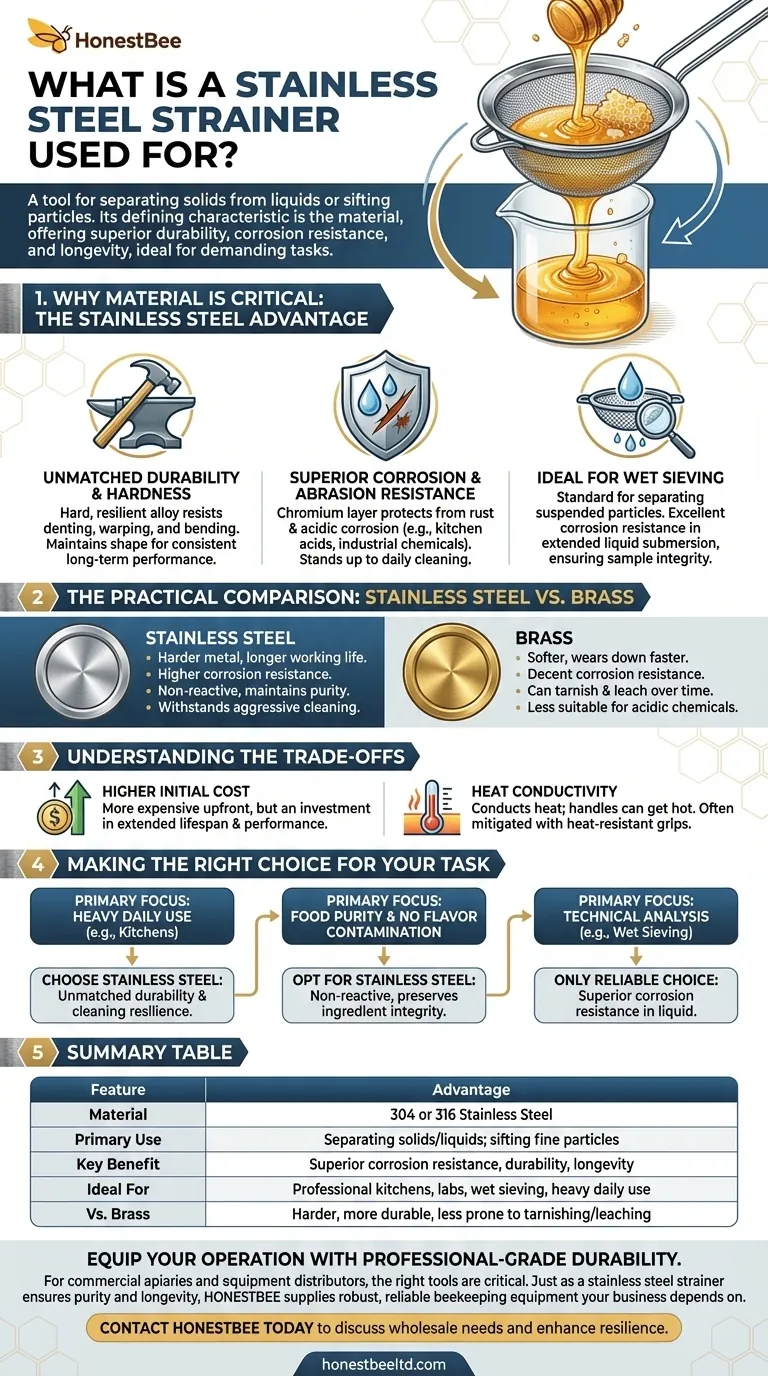
Related Products
- HONESTBEE Advanced Ergonomic Stainless Steel Hive Tool for Beekeeping
- Professional Dual-End Stainless Steel Hive Tool for Beekeeping
- Honey Concentrating Vacuum Heating Thickening Machine Dehumidifier for Honey
- Economy Small Scale Honey Dryer Dehumidifier Thickening Machine
- High Quality Honey Dehumidifier Dryer Thickening Machine for Beekeeping
People Also Ask
- Why is it important to compare the progress of different hives? A Beekeeper's Key Diagnostic Tool
- What are the specific applications of a beekeeping chisel? Master Hive Maintenance with Precision Tools
- What are the primary functions of a stainless steel hive tool? Essential Equipment for Professional Beekeeping
- How should beekeepers handle bees when using a hive tool? Master Calm, Deliberate Techniques
- What is the hole in a hive tool for? A Multi-Tool for Apiary Repairs and Maintenance

